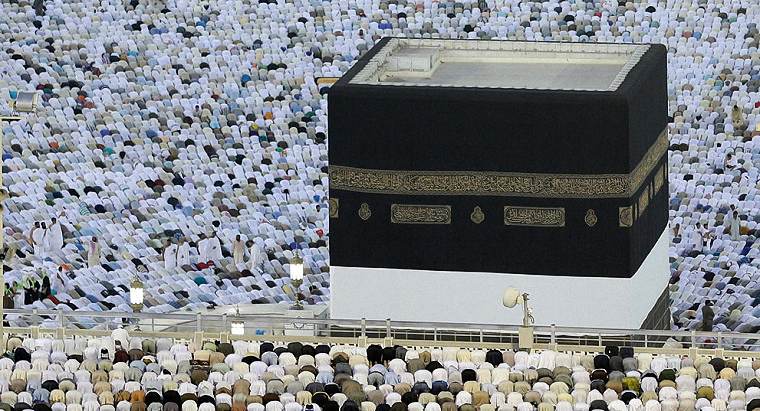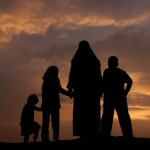Good manners/etiquette play a pivotal role in Islam. It is essential for a Muslim that he/she clothe themselves with the best etiquette as shown to us by the beloved Prophet (ﷺ) and his noble companions.
Muslims have been commanded to love for others what we love for ourselves and to treat others the way we would love to be treated. We should have a desire and intention to benefit others and to love good for them. We should not hold any malice towards others or have an intention to harm others.
Every person can achieve great success in his/her life by having and dealing with people with noble and praised manners. Dealing others with good manners means to put them at ease by the way that Islam urged us to deal with. It is not only the essential part of our religion but also makes our social life more pleasant.
Having good manners transcends a lot more than just a few words, but it is a strong foundation for those who wish to build good character as they grow older.







 Wealth Can Also be a Test
Wealth Can Also be a Test Provision is not Limited to Money
Provision is not Limited to Money Seeking Halaal (lawful) Provision
Seeking Halaal (lawful) Provision “A Raaziq” or “A Razaaq” the provider
“A Raaziq” or “A Razaaq” the provider


